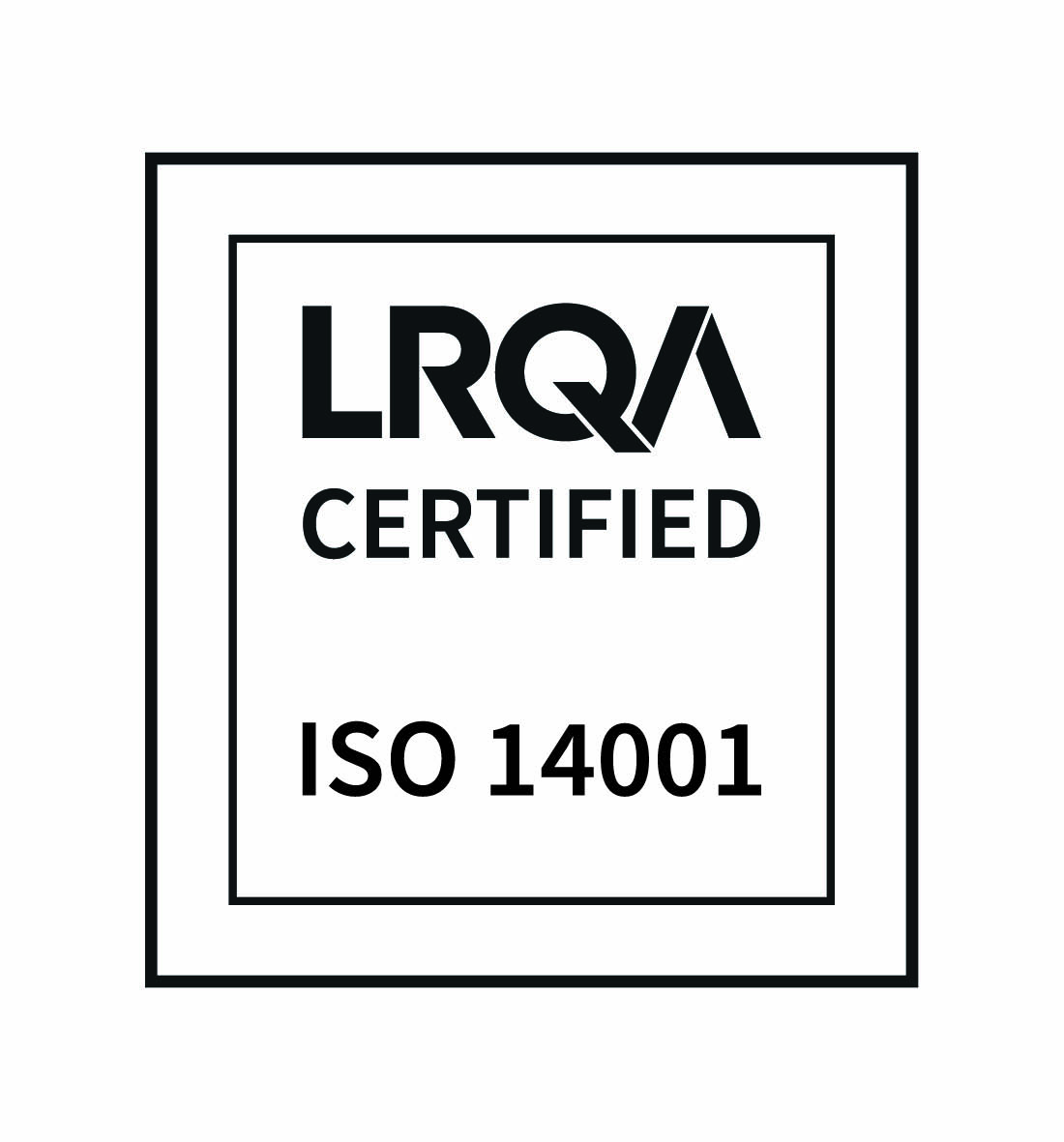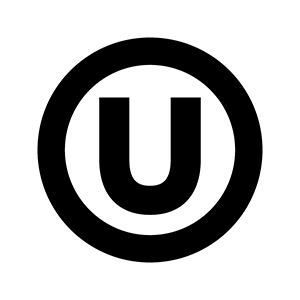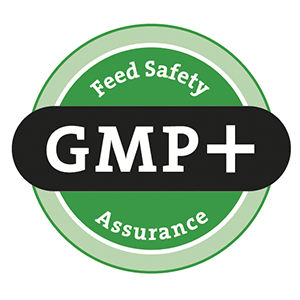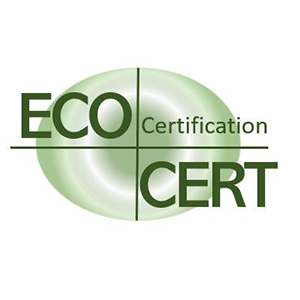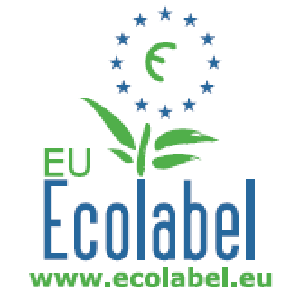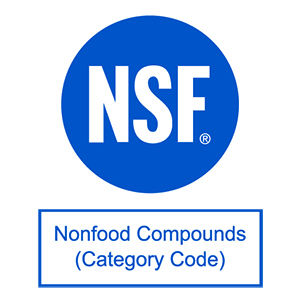Certifications
Click the image to download the certificate and its scope.
ISO 14001 is the international standard that specifies requirements for an effective environmental management system (EMS). It provides a framework that an organization can follow, rather than establishing environmental performance requirements.
It is the international standard that specifies requirements for a quality management system (QMS). Organizations use the standard to demonstrate the ability to consistently provide products and services that meet customer and regulatory requirements. It is the most popular standard in the ISO 9000 series and the only standard in the series to which organizations can certify.

ISO 14064
ISO 14064 is a set of international standards developed by the International Organization for Standardization (ISO) to guide organizations in quantifying, monitoring, reporting, and verifying greenhouse gas (GHG) emissions and removals. Comprising three parts, these standards provide principles and requirements for developing and reporting organizational-level GHG inventories, quantifying emissions reductions or removal enhancements at the project level, and validating and verifying GHG assertions.
FSSC 22000 sets out the requirements for a food safety management system and can be certified to it. It maps out what an organization needs to do to demonstrate its ability to control food safety hazards in order to ensure that food is safe. It can be used by any organization regardless of its size or position in the food chain.
The Kosher certificate is a document issued by certification agencies and the Chief Rabbinate of Israel, in which a Rabbi certifies that the products referred fulfill the biblical precepts of the Jewish religion. This certificate is not only required for Israel but also for other countries in which there are Jewish communities calling for kosher products. Kosher certificates are requested especially for food and feed related applications.
The Halal certificate is a document that guarantees that products and services aimed at the Muslim population meet the requirements of Islamic law and therefore are suitable for consumption in both Muslim-majority countries and in Western countries where there are significant population group who practice Islam. Halal certification is a process which ensures the features and quality of the products according to the rules established by the Islamic Council that allow the use of the mark Halal.
The GMP+ Feed Safety Assurance is a certification scheme developed to guarantee feed safety and reassure consumers about the responsible way animal feed products are produced, processed, traded, stored and transported around the world.
The Cosmos-standard signature is a consumer guarantee for organic and natural cosmetics that you can trust. To date over 21000 products in 60 countries carry the Cosmos Organic or Cosmos Natural signature. The Cosmos-standard defines the criteria that companies must meet to ensure consumers that their products are genuine organic or natural cosmetics produced to the highest feasible sustainability practices.
The Lubricants Classification List (LuSC-list), renewed with new criteria of 2018 revision by EU Ecolable, is a list where all products considered biodegradable and non-toxic by the mentioned organism are listed. There are some products with different limit criteria depending on total loss lubricants (TLL), partial loss lubricants (PLL) and accidental loss lubricants (ALL). The list is public an accessible at https://ec.europa.eu/environment/ecolabel/products-groups-and-criteria.html
NSF International (NSF) is the main organization who has developed a certification program based on the original USDA/FSIS “pre-authorization” system applicable until 1998.
Currently NSF program is globally recognized as the reference for the registration of incidental food lubricants.
NSF is also offering an ingredient category designated HX-1 for components and additives. Using approved HX-1 ingredients helps formulators reduce the uncertainty of ingredient suitability. HX-3 category is suitable for ingredients that may have direct contact with food or edible products.
NSF registered brand name ingredients are published and can be consulted in the official website http://info.nsf.org/USDA/PSNCListings.asp
The EcoVadis platform helps manage ESG risk and compliance, achieve corporate sustainability goals, and drive impact at scale by guiding the improvement of sustainability performance of companies and their value chain.
EcoVadis medals and badges recognize companies that have completed the EcoVadis assessment process and demonstrated a relatively strong management system that addresses sustainability criteria, as outlined in the EcoVadis methodology.
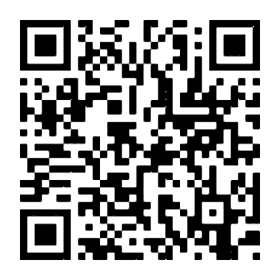
The NATRUE Label represents a reliable, verifiable and internationally applicable benchmark for authentic natural and organic beauty products from committed brands and manufacturers all around the world. Cosmetic products and raw materials carrying the NATRUE Label are listed in NATRUE’s public online database, a convenient platform for reference for consumers and producers.
ISO 14001 is the international standard that specifies requirements for an effective environmental management system (EMS). It provides a framework that an organization can follow, rather than establishing environmental performance requirements.
It is the international standard that specifies requirements for a quality management system (QMS). Organizations use the standard to demonstrate the ability to consistently provide products and services that meet customer and regulatory requirements. It is the most popular standard in the ISO 9000 series and the only standard in the series to which organizations can certify.

ISO 14064
ISO 14064 is a set of international standards developed by the International Organization for Standardization (ISO) to guide organizations in quantifying, monitoring, reporting, and verifying greenhouse gas (GHG) emissions and removals. Comprising three parts, these standards provide principles and requirements for developing and reporting organizational-level GHG inventories, quantifying emissions reductions or removal enhancements at the project level, and validating and verifying GHG assertions.
FSSC 22000 sets out the requirements for a food safety management system and can be certified to it. It maps out what an organization needs to do to demonstrate its ability to control food safety hazards in order to ensure that food is safe. It can be used by any organization regardless of its size or position in the food chain.
The Kosher certificate is a document issued by certification agencies and the Chief Rabbinate of Israel, in which a Rabbi certifies that the products referred fulfill the biblical precepts of the Jewish religion. This certificate is not only required for Israel but also for other countries in which there are Jewish communities calling for kosher products. Kosher certificates are requested especially for food and feed related applications.
The Halal certificate is a document that guarantees that products and services aimed at the Muslim population meet the requirements of Islamic law and therefore are suitable for consumption in both Muslim-majority countries and in Western countries where there are significant population group who practice Islam. Halal certification is a process which ensures the features and quality of the products according to the rules established by the Islamic Council that allow the use of the mark Halal.
The GMP+ Feed Safety Assurance is a certification scheme developed to guarantee feed safety and reassure consumers about the responsible way animal feed products are produced, processed, traded, stored and transported around the world.
The Cosmos-standard signature is a consumer guarantee for organic and natural cosmetics that you can trust. To date over 21000 products in 60 countries carry the Cosmos Organic or Cosmos Natural signature. The Cosmos-standard defines the criteria that companies must meet to ensure consumers that their products are genuine organic or natural cosmetics produced to the highest feasible sustainability practices.
The Lubricants Classification List (LuSC-list), renewed with new criteria of 2018 revision by EU Ecolable, is a list where all products considered biodegradable and non-toxic by the mentioned organism are listed. There are some products with different limit criteria depending on total loss lubricants (TLL), partial loss lubricants (PLL) and accidental loss lubricants (ALL). The list is public an accessible at https://ec.europa.eu/environment/ecolabel/products-groups-and-criteria.html
NSF International (NSF) is the main organization who has developed a certification program based on the original USDA/FSIS “pre-authorization” system applicable until 1998.
Currently NSF program is globally recognized as the reference for the registration of incidental food lubricants.
NSF is also offering an ingredient category designated HX-1 for components and additives. Using approved HX-1 ingredients helps formulators reduce the uncertainty of ingredient suitability. HX-3 category is suitable for ingredients that may have direct contact with food or edible products.
NSF registered brand name ingredients are published and can be consulted in the official website http://info.nsf.org/USDA/PSNCListings.asp
The EcoVadis platform helps manage ESG risk and compliance, achieve corporate sustainability goals, and drive impact at scale by guiding the improvement of sustainability performance of companies and their value chain.
EcoVadis medals and badges recognize companies that have completed the EcoVadis assessment process and demonstrated a relatively strong management system that addresses sustainability criteria, as outlined in the EcoVadis methodology.

The NATRUE Label represents a reliable, verifiable and internationally applicable benchmark for authentic natural and organic beauty products from committed brands and manufacturers all around the world. Cosmetic products and raw materials carrying the NATRUE Label are listed in NATRUE’s public online database, a convenient platform for reference for consumers and producers.
